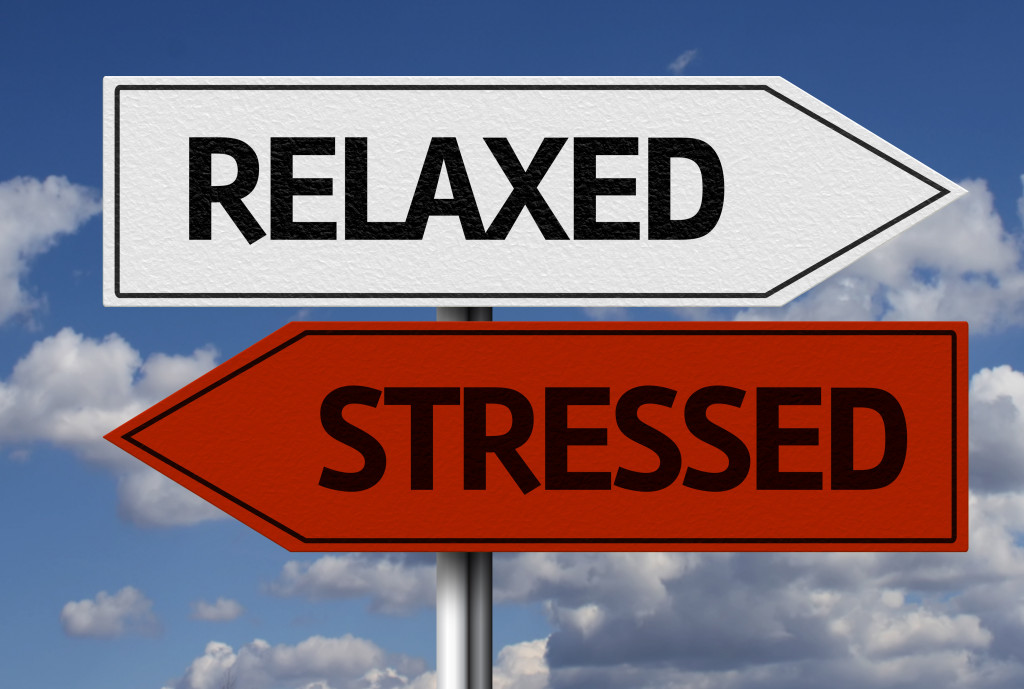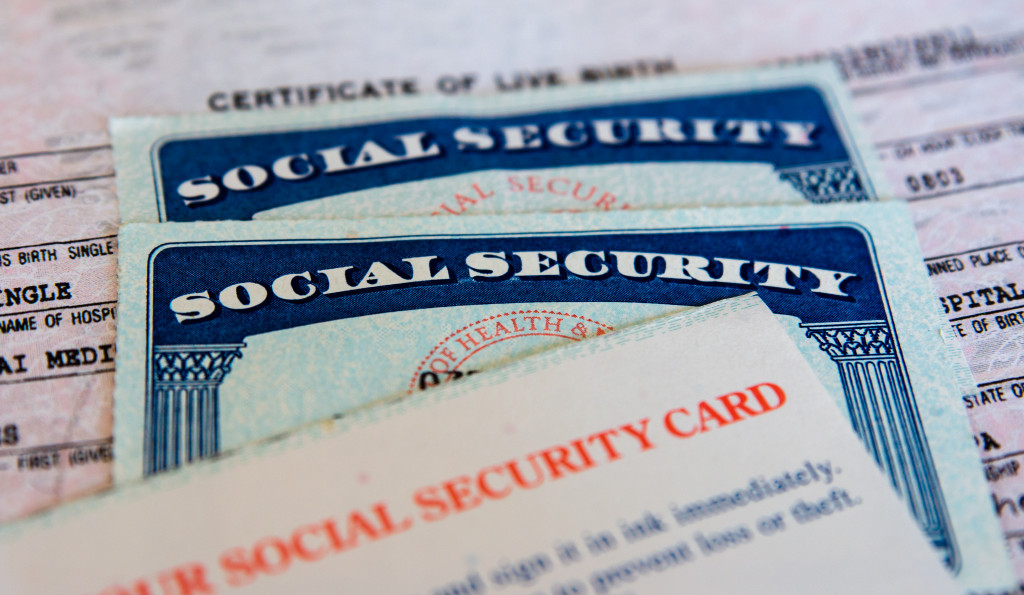- Exercise regularly to stay fit and healthy.
- Incorporate nutrient-rich foods into meals for essential vitamins and minerals.
- Manage stress levels with relaxation techniques such as deep breathing exercises, yoga, or mindfulness meditation.
- Socialize with friends and family to feel connected and supported.
- Take advantage of government resources such as NDIS for assistance in achieving health goals.
Are you living with a disability? It can present unique challenges when it comes to staying healthy and well. You might need to be more mindful of how you go about maintaining your health. Here are five wellness tips for people with disabilities that can help keep you in good shape.
1. Exercise Regularly
You know exercise is an essential component of overall health. You may have limited mobility or strength, so you need to adjust the intensity and duration of your exercise routine to fit your needs. Yoga, water aerobics, and other low-impact exercises can benefit people with physical limitations. If you can engage in more vigorous activity, weight training or running on a treadmill can help build strength and endurance.
2. Eat a Balanced Diet
It would be best to eat a balanced diet to stay healthy. If you have a disability, you may need to adjust your diet according to your specific needs and mobility levels. Eating smaller meals throughout the day can make it easier for people with limited energy or stamina to prepare food or shop for groceries. Incorporating nutrient-rich foods such as vegetables, fruits, nuts, seeds, whole grains, lean proteins, dairy products, and healthy fats into your meals will help provide essential vitamins and minerals that keep you going throughout the day.
Meal prepping
Meal prepping can be a great idea for you if you have a disability and want to ensure your diet is balanced and nutritious. Meal prepping involves cooking or preparing meals ahead of time, so they can be quickly reheated when ready to eat. This helps you save time and energy and ensures that your meals are healthy and nutritious.
3. Manage Your Stress

Having a disability can bring its own set of emotional challenges. Learning how to cope with stress can help you stay mentally and emotionally healthy. Try relaxation techniques such as deep breathing exercises, yoga, or mindfulness meditation to help reduce anxiety levels. Managing your stress can help to keep your moods in check and improve your overall quality of life.
As many people with disabilities can encounter many frustrating and complex challenges in life, it’s important to remember that taking care of yourself is critical. Doing activities you enjoy, talking to people you love and trust, taking breaks, and setting realistic expectations are all great ways to stay healthy and well.
4. Socialize
Having a disability can be quite an isolating experience for some, but socializing is essential to your overall health and well-being. Making time to see friends and family can help you feel supported and connected. You can also find other ways to communicate with people who know what you are going through and can help you manage your disability. Make time each week (even if it’s virtually)for activities such as video chatting, board games, or movie nights so that you stay connected even when unable to go out in person. Doing this will help ensure that your social needs are being met on some level.
Join a support group
Support groups are an excellent way to meet and interact with people with similar struggles. Having a group of people to talk to, share experiences with, and provide emotional support can help improve your overall well-being.
Participate in local events
There are many community events and activities throughout the year that can be beneficial for those with disabilities. Local events provide a great way to get out, meet new people, and stay active in your community. Participating in these events is also good for your mental health as it helps you feel connected to other people.
5. Seek Government Support

Many government-funded and community-based programs are available to help people with disabilities stay healthy and well. For example, The National Disability Insurance Scheme (NDIS) provides funding for the reasonable and necessary support to assist you in achieving your short-term health goals. It covers an extensive range of services such as home modifications, equipment, transportation, therapy sessions, and other disability support needs.
It is important to remember that staying healthy and well when living with a disability requires effort on your part, but it doesn’t have to feel overwhelming or impossible. You may also seek professional help for assisted social security disability applications if you require guidance and support with submitting your application. This will ensure you can receive the adequate support and assistance you need.
To Wrap Things Up
Living with a disability can make managing your health and well-being difficult. However, with the right tips and resources, you can overcome these obstacles and ensure that your health is taken care of. Remember always to stay mindful of your physical and emotional needs, exercise regularly, eat a balanced diet, manage stress levels, socialize, join support groups, and take advantage of available government resources. With these steps in mind, you’re sure to be on your way to better overall well-being with a disability.

